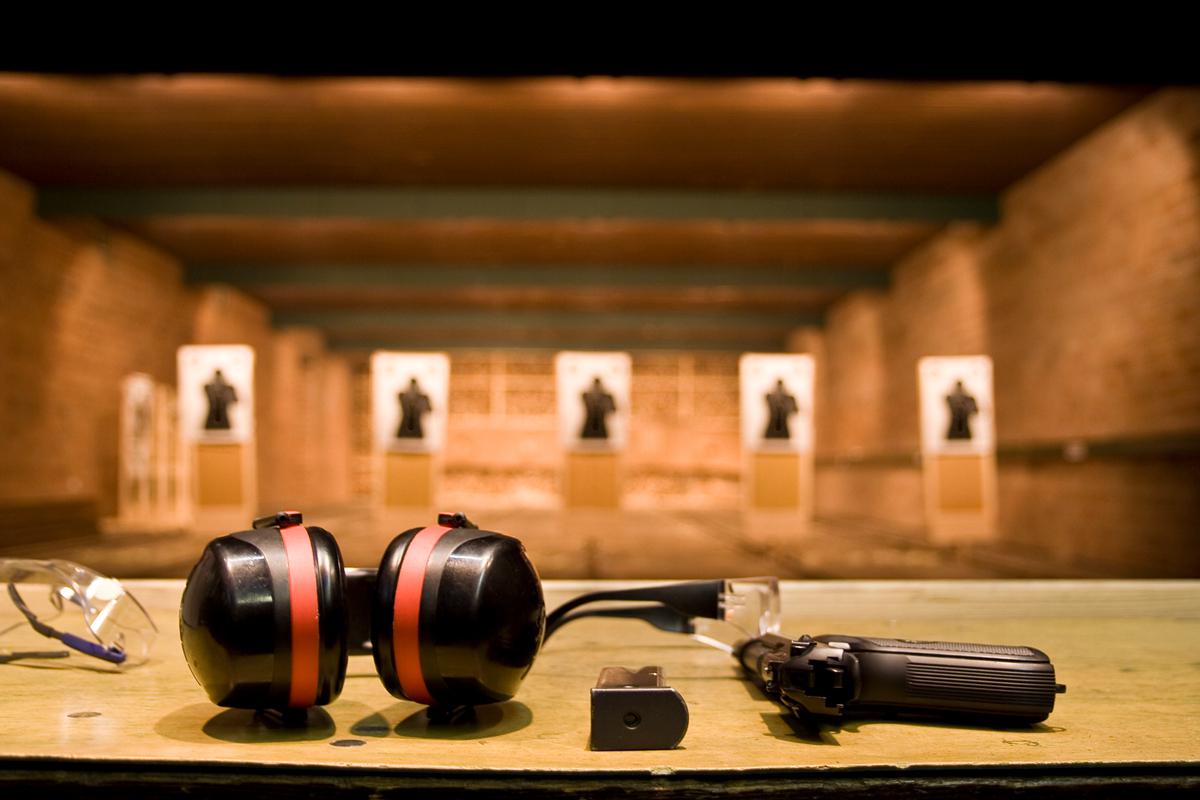Voluntary gun prohibition is no longer on the docket for the Alabama legislature.
On Wed. March 16, House Bill 462 (HB462) passed the House of Representatives Committee on Public Safety and Homeland Security.
The bill, sponsored by Rep. Neil Rafferty (D-Birmingham), sought to create a voluntary “do-not-sell" database for people who wish to make firearms inaccessible to themselves.
The bill passed committee with seemingly no issues. When the bill made its way before the House, it was clear there was opposition.
After a brief debate, the House voted on the budget that came with the bill, which would have required over $1 million in state funds. The vote on the Budget Isolation Resolution (BIR) failed with 64 voting against, 27 voting in favor, and three members abstaining.
If the House refuses to reach agreement on the BIR, a bill fails to progress and effectively dies.
Under current Alabama law, certain persons are prohibited from purchasing or owning a firearm if they have committed particular crimes. There is no measure under Alabama law in which a person may voluntarily prohibit themselves from buying a gun, which the bill would have allowed. It could also have been used by people with mental illness, depression or in any other circumstance when a person deems themselves unfit to own a firearm.
HB462 sought to create the Voluntary Alabama Firearms Do-Not-Sell List, to be maintained by the Alabama Department of Mental Health (ADMH).
Names on the list would be reported to the FBI for the National Instant Criminal Background Check System (NICS), which the FBI operates. The NICS check is standard for all commercial gun sales and FFL transfers.
ADMH would create an application process, and anyone desiring to be on the list could apply to have their name added. If a person wanted to have their name removed from the list, they would have to submit a similar form to reclaim their firearm ownership rights. After submitting an application, which would require at least three character witnesses, there would be a mandatory 21-day waiting period, after which the ADMH would contact the FBI to have the person’s name stricken from the NICS database.
Any person who is in possession of a gun after putting their name on the list would be guilty of a class C misdemeanor.
Rep. Allen Farley (R-McCalla), a co-sponsor of the bill, presented it in the House Committee.
“This would allow somebody to place themself on a list saying, ‘Listen, right now, because of my mental state, I want to be on a [do-not-sell] list,’” Farley said. “'If I get emotionally distraught tomorrow or next week, and I go to buy a gun, I’m going to be on a list where I can’t purchase that gun.’”
A professor at the University of Alabama specializing in mental health law, Frederick Vars, spoke in favor of the bill.
“It’s not gun control; it’s self-control,” Vars said.
Vars drew attention to the 500 gun suicides committed in the state, even opening up on his bipolar disorder that could compel someone like himself to volunteer their name on the list. He also surveyed 200 psychiatric patients at the University of Alabama at Birmingham (UAB), in which 46% stated they would put themselves on the list, and 20% of veterans made the same claim.
The bill carried a fiscal note that allocated an initial increase of $800,000 in 2023 for implementation by the ADMH. It also stipulated an additional $50,000 annually for the Do-Not-Sell List and an associated internet-based platform. It would also require a $200,000 allocation for ADMH to develop a public relations campaign on the list.
“Saving even one life, I think, justifies the current cost of the bill, and there are good reasons to think the bill is going to save many lives,” said Vars.
Firearms are the leading method of suicide in the U.S, accounting for 24,292 of the nearly 46,000 suicides in the U.S.
To connect with the author of this story, or to comment, email craig.monger@1819news.com










